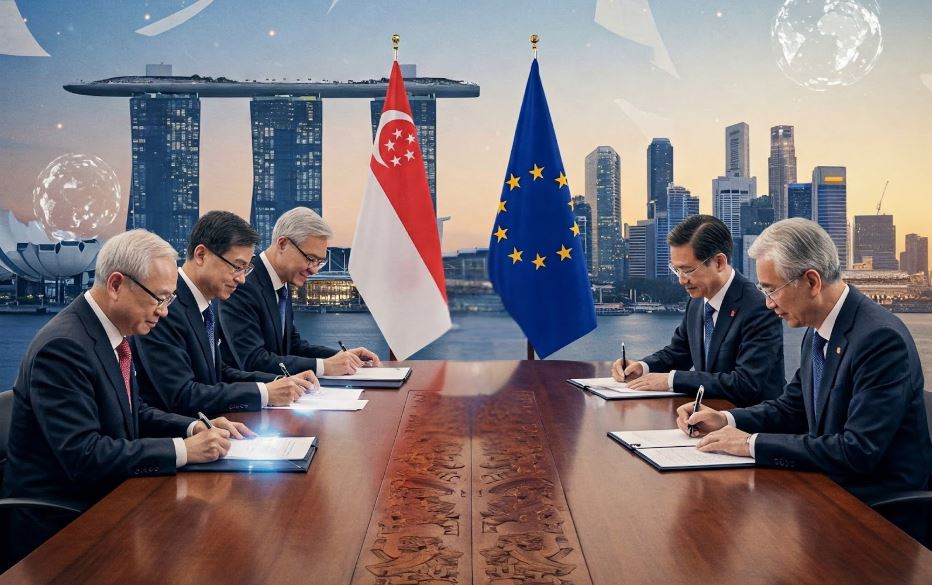Singapore tops Asia-Pacific as the least corrupt country, ranking 3rd globally

Singapore has been ranked the least corrupt country in the Asia-Pacific region and the third least corrupt globally in the 2024 Transparency International Corruption Perceptions Index (CPI). This is the first time since 2010 that the city-state has claimed the top position in the region.
The CPI, which evaluates 180 countries based on perceived levels of public sector corruption, assigns scores ranging from zero (highly corrupt) to 100 (very clean). Singapore scored 84, showing an improvement from the previous year. Denmark and Finland placed first and second globally, scoring 90 and 88, respectively. Denmark has consistently held the top spot for the past seven years and is recognized for its strong institutional framework and high governmental transparency. Finland, known for its independent legal system and strict anti-corruption policies, has been a long-time leader in clean governance.
Singapore remains the only Asian country consistently ranked among the top 10 since the index was first introduced in 1995. The Corrupt Practices Investigation Bureau (CPIB) attributed this strong performance to the country’s stringent anti-corruption laws, independent legal and court systems and citizens’ willingness to report wrongdoing. The CPIB reaffirmed that Singapore’s reputation as one of the least corrupt nations is “hard-earned” and backed by decades of strict enforcement and public vigilance.
Experts note that Singapore’s stability in the rankings reflects not just its efforts but also the declining scores of other nations. Transparency International’s Asian regional coordinator, Urantsetseg Ulziikhuu, pointed out that while Singapore’s ranking has remained stable, countries like New Zealand and Australia have seen a slide in recent years.
Although Singapore’s regulatory framework and financial sector are strong, they are also under scrutiny due to the risks caused by illicit financial flows. Ulziikhuu cautioned that major financial hubs like Singapore may be vulnerable to corruption-linked financial transactions, requiring continuous oversight. A 2024 risk assessment report by Singaporean authorities highlighted how environmental crimes, such as the illegal wildlife trade, have been linked to money laundering activities in the country. One case involved a Singaporean bank detecting a $130,000 transaction for purchasing 11 cheetahs from South Africa, which led to a suspicious transaction report and subsequent termination of the customer’s account.
Despite the occasional high-profile corruption case, including the conviction of former Transport Minister S. Iswaran in 2024, analysts say Singapore’s swift legal action reinforces its zero-tolerance stance. Iswaran was sentenced to 12 months in jail and served four months before being placed in home detention, a case Transparency International cited as an example of the country’s accountability mechanisms.
Transparency International added that while the country’s institutions and legal frameworks provide a solid foundation, ongoing efforts will be essential to maintaining its reputation as a leader in transparency and integrity in the years to come.



